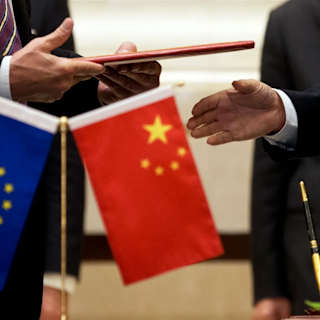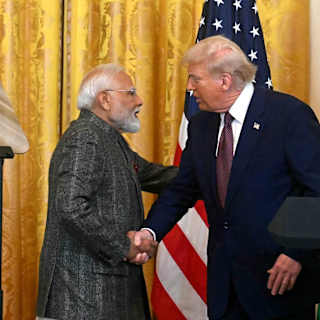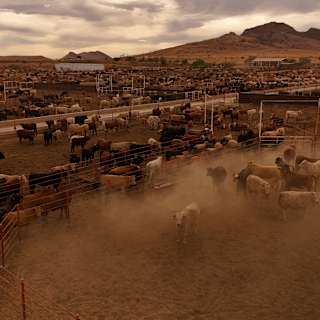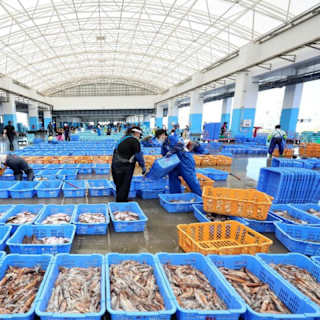- Market Disruption Already Underway
- California Faces Largest Impact
- Long-Standing Resistance to Foreign Waste
Malaysia began enforcing a ban on plastic waste imports from the United States on Tuesday, cutting off a disposal route that California and other states have relied on since China stopped accepting American trash seven years ago.
The Southeast Asian nation will no longer accept plastic waste from countries that have not ratified the Basel Convention, an international treaty governing hazardous waste transfers. The U.S. is among only a handful of nations, including Fiji and Haiti, that have not signed the pact.
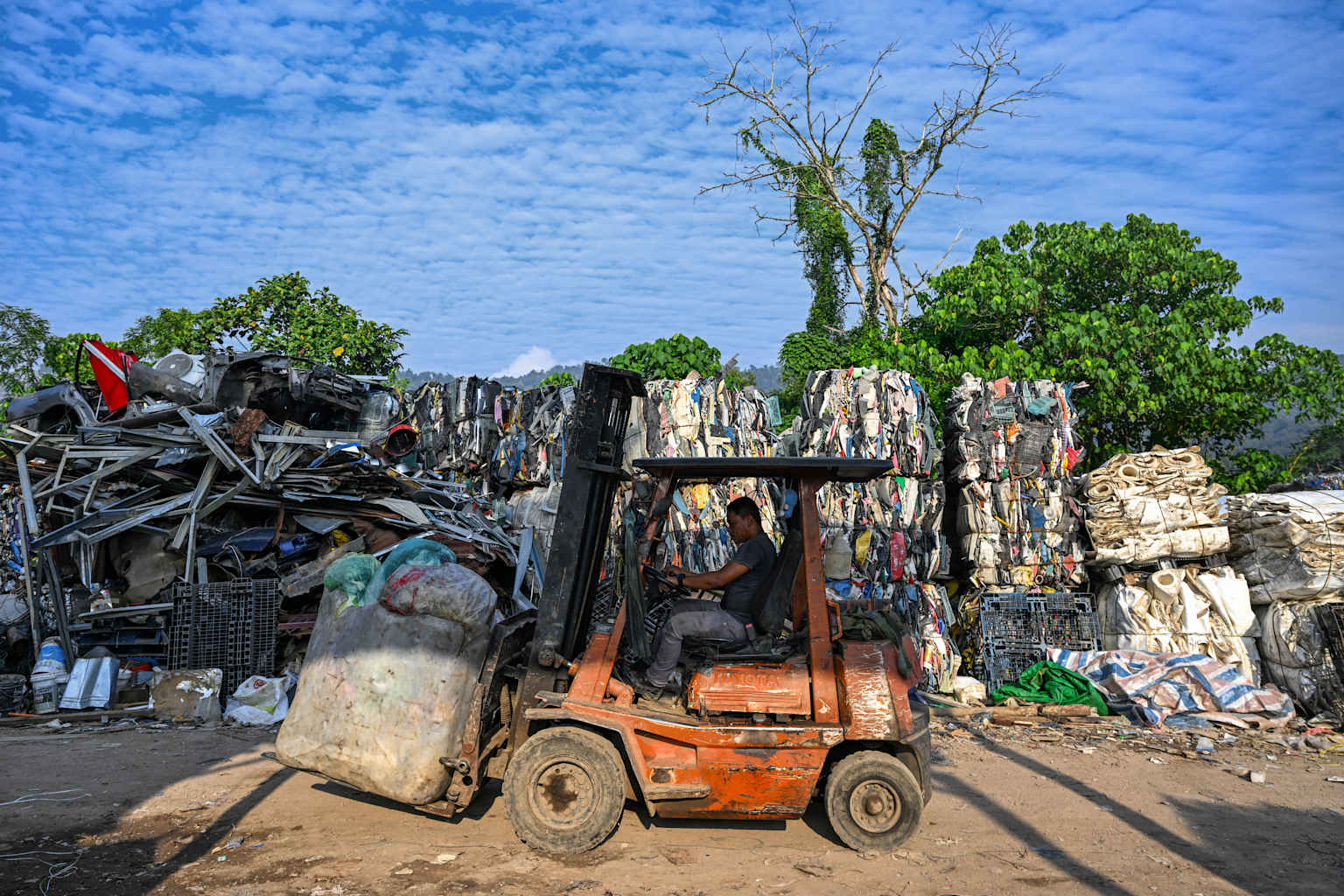
The plastic waste trade between the U.S. and Malaysia has already ground to a halt in anticipation of the new rules. Steve Wong, chief executive of Hong Kong-based recycling company Fukutomi, said the market has "effectively frozen" as inventories build up at ports without clear enforcement guidance12.
"With scrap inventories building up at ports and yards, and no clear guidance yet on the enforcement discretion or timeline of Malaysia's new system, the market for imported plastic waste has effectively frozen," Wong wrote in an email to industry followers1.
The ban applies to all scrap plastic under tariff code 3915, including e-plastics from electronics, and requires government approval through SIRIM Berhad, a certification organization that will only approve imports from Basel Convention parties2.
California shipped 864 containers containing more than 10 million pounds of plastic waste to Malaysia in 2024, making it the second-largest U.S. exporter to the country after Georgia, according to the Basel Action Network1.
Malaysia emerged as a primary destination for American waste after China banned U.S. waste imports in 2018 under its "National Sword Policy"12. The U.S. had shipped 760 million tons of plastic waste to China in 2016, but that amount dropped 95% after the ban3.
Malaysia's latest move represents the culmination of years of efforts to avoid becoming what officials have called "the garbage bin of the world"1. Since 2019, the country has returned more than 300 containers of illegal plastic waste to their countries of origin, including significant shipments back to the U.S., UK, Canada, and Australia23.
"Malaysia is not the dumping site of the world," former Environment Minister Yeo Bee Yin said in 2020 after returning 4,120 tons of waste to the U.S1.
While Malaysia will continue accepting plastic waste from Basel Convention signatories, those exports will require pre-inspection at their country of origin4.
